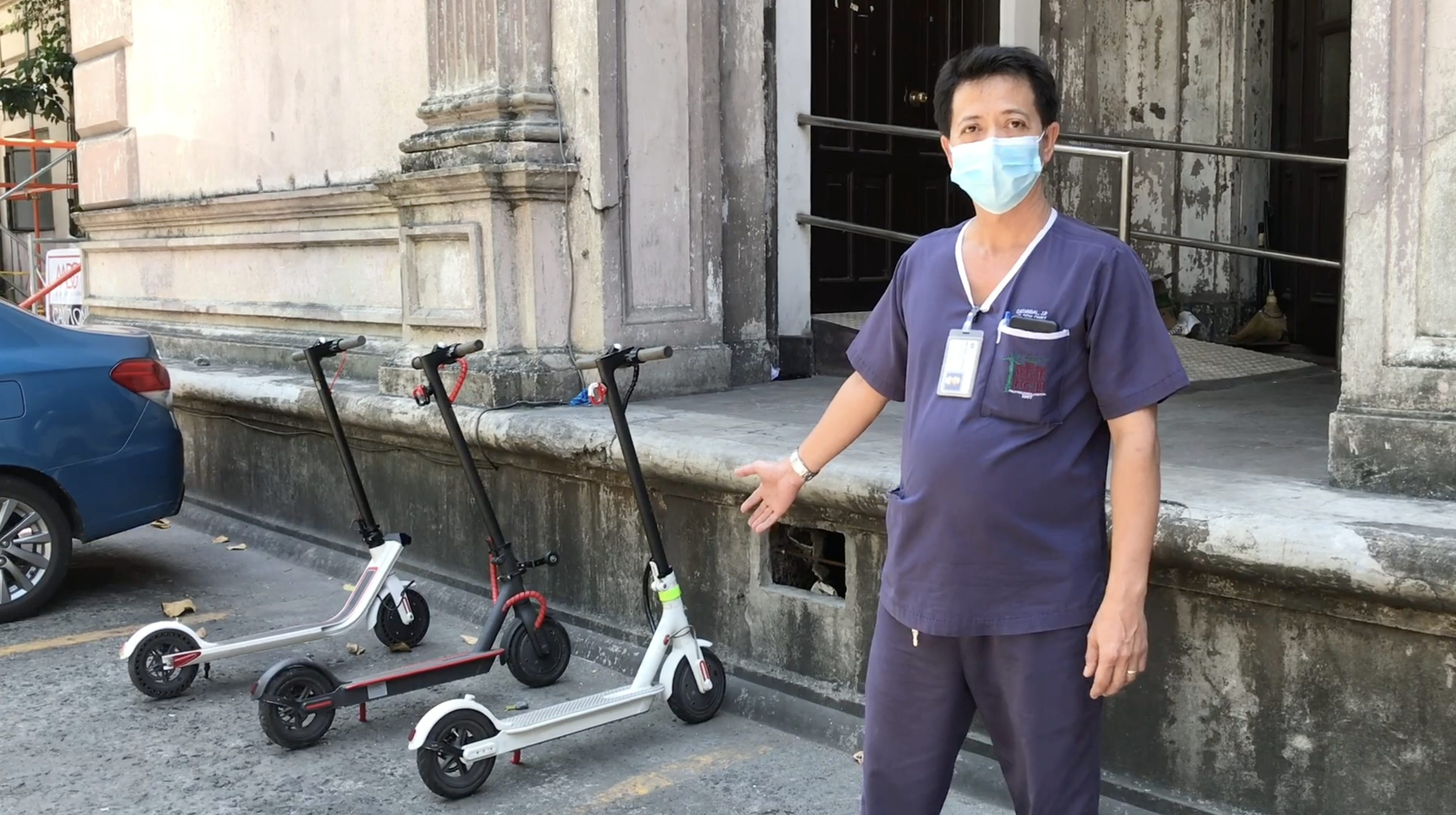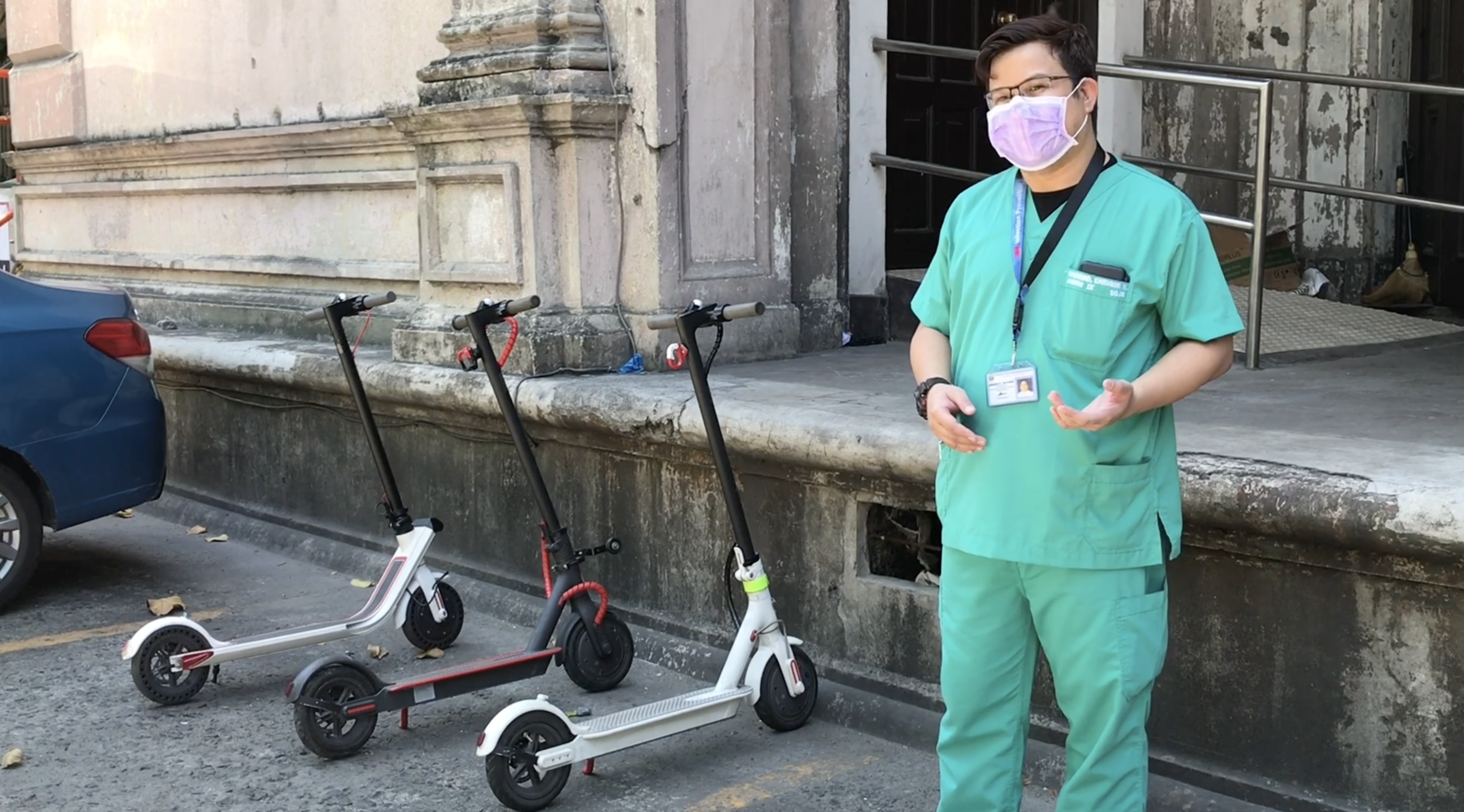It really looks inevitable. The use of electric scooters on public roads will be regulated sooner than later.
More and more of them are now on the road. They are affordable, easy and convenient to use, and considered a safer mode of commuting than public transport in this age of social or physical distancing because of the CoViD-19 pandemic.
Even before the pandemic, e-scooters were seen being used on public roads. Users considered them the ‘woke’ form of personal mobility.

But many motorists considered them nuisances on the road, a danger to themselves and others. There were grumblings calling for their ban on public roads. And murmurs calling for regulating their use.
Transport authorities, particularly the Land Transportation Office (LTO), had to take notice of their growing number as community quarantine restrictions were eased and more trades and services were allowed to reopen.
So it wasn’t a surprise when the LTO announced that it has drafted an administrative order mandating registration of e-scooters and need for licenses to use them on public roads.
The administrative order and proposed regulations for e-scooter use had already been submitted to the Department of Transportation (DOTr) for approval, the LTO said.
Hinting at how e-scooters would be classified and possible restrictions on road use, LTO Chief, Asec. Edgar Galvante was reported to have said: “We classify based on the weight of the vehicle, speed and which roads e-scooters can use because we all know that because of the nature of these types of vehicles, specifically their being lightweight, it can pose dangers to users if not used properly and not driven on the right roads.”
The announcement drew criticism and savage memes, questioning both the need for regulating e-scooters and/or the timing of the move to regulate e-scooters.
Among those questioning the wisdom and the timing of the LTO initiative to regulate e-scooters, was Transport Secretary Arthur Tugade.
While saying he would listen to arguments from both sides of the issue, the regulators and those arguing for e-scooter registration and licensing of users, and those protesting against any form of regulation, Tugade said he was of the opinion this was unnecessary while communities, the economy, and government regulators are still grappling community quarantine restrictions.

It was pointed out that the LTO still has to resolve backlogs in the renewal of motor vehicle registrations, arbitrarily extending the validity of registration papers, and calling for registration of a new category of motorized vehicle like the e-scooters would cause LTO more problems.
Many are saying the use of e-scooters, especially on public roads and main thoroughfares, truly need to be regulated to ensure safety. But needs some study.
The pandemic has shown that e-scooters can play a significant role in the future of sustainable personal mobility and mass transport.


